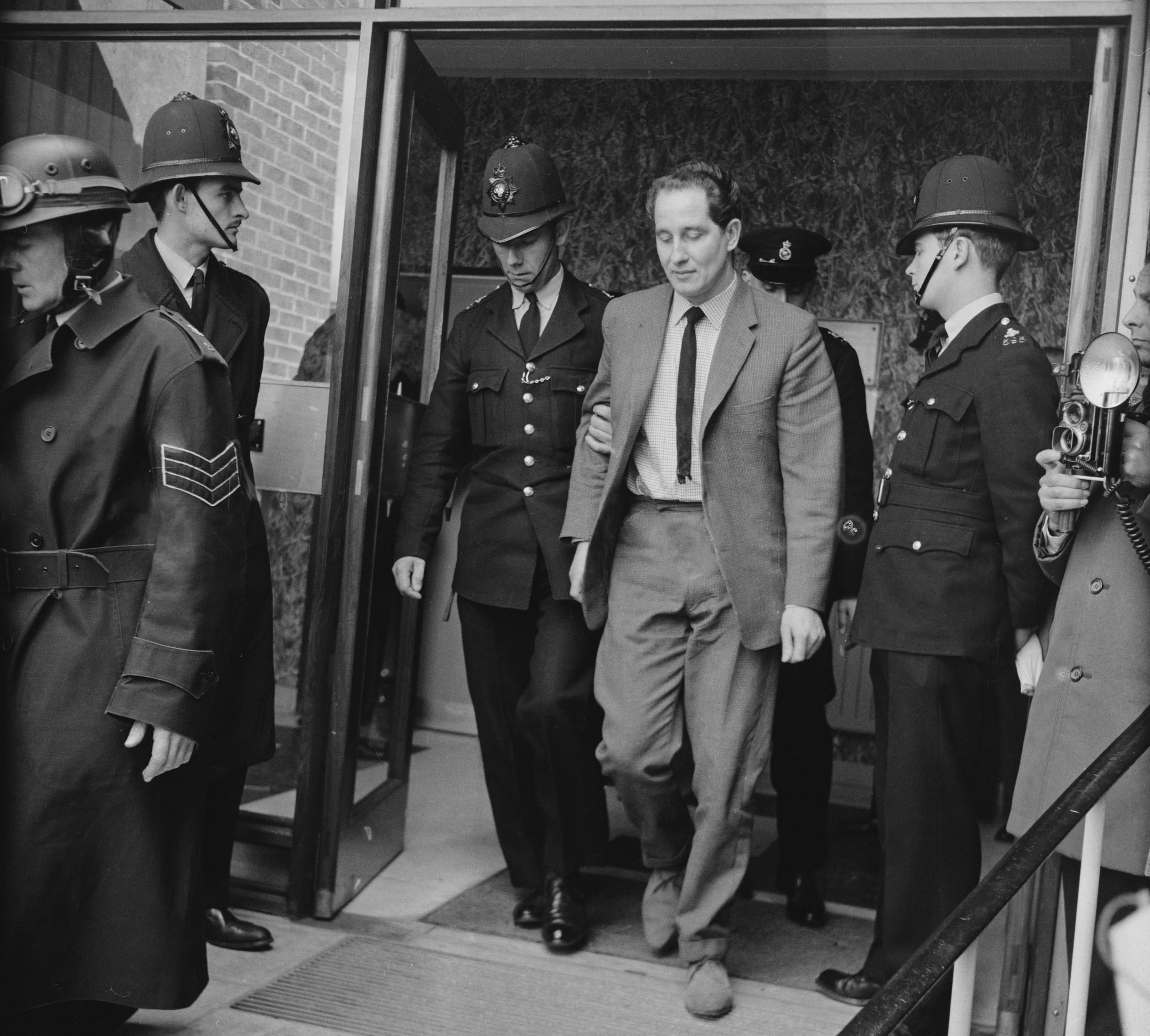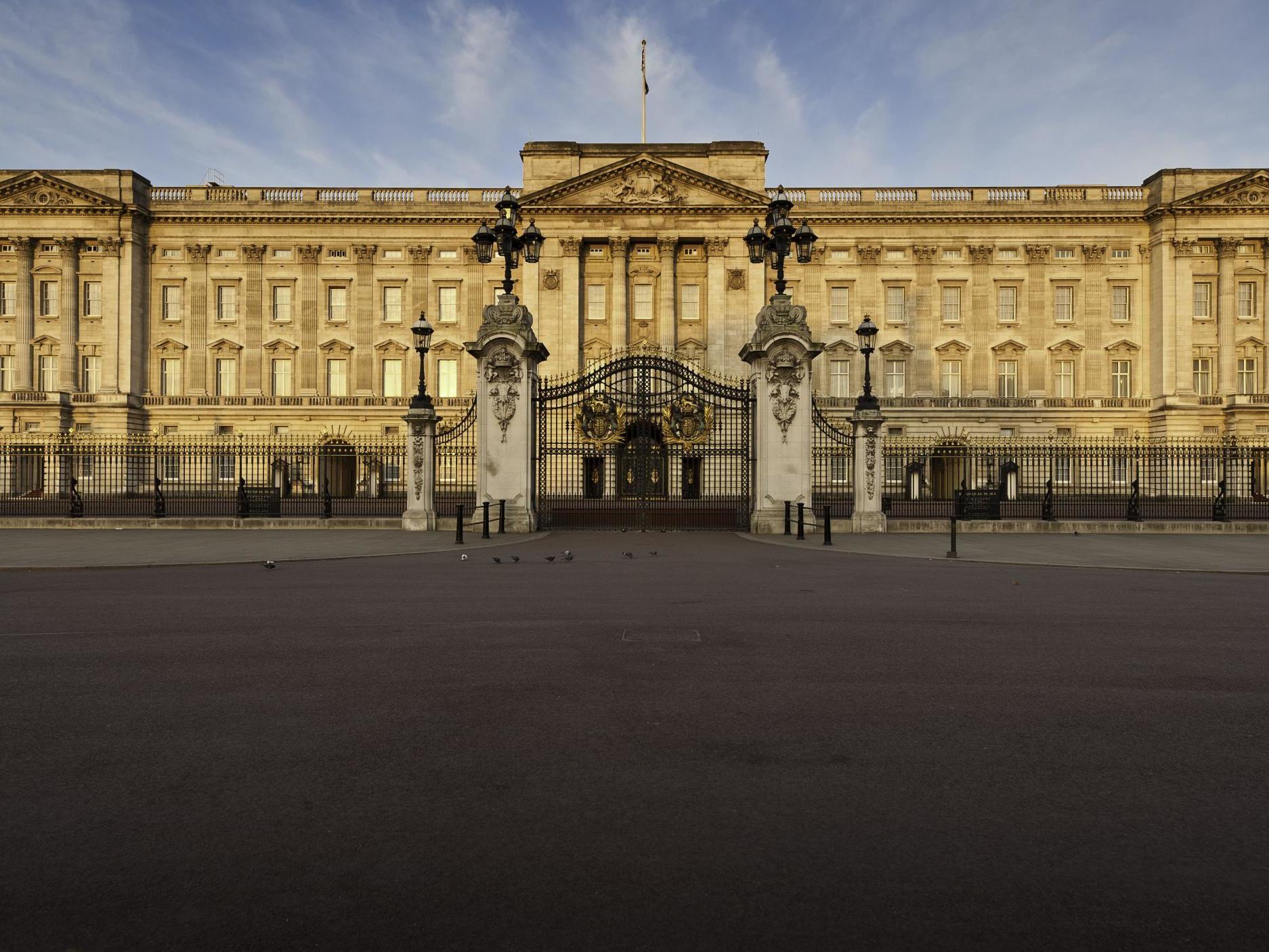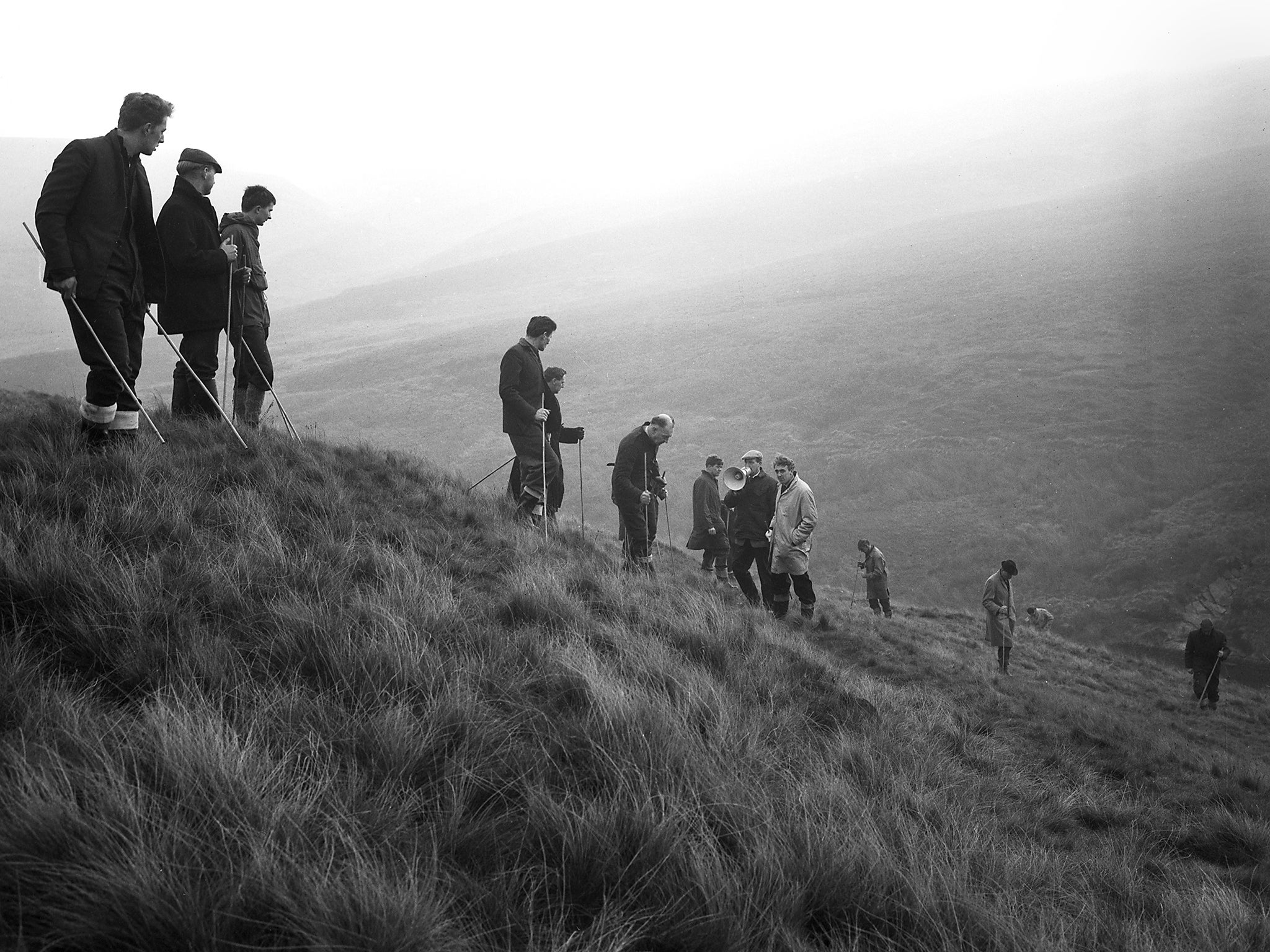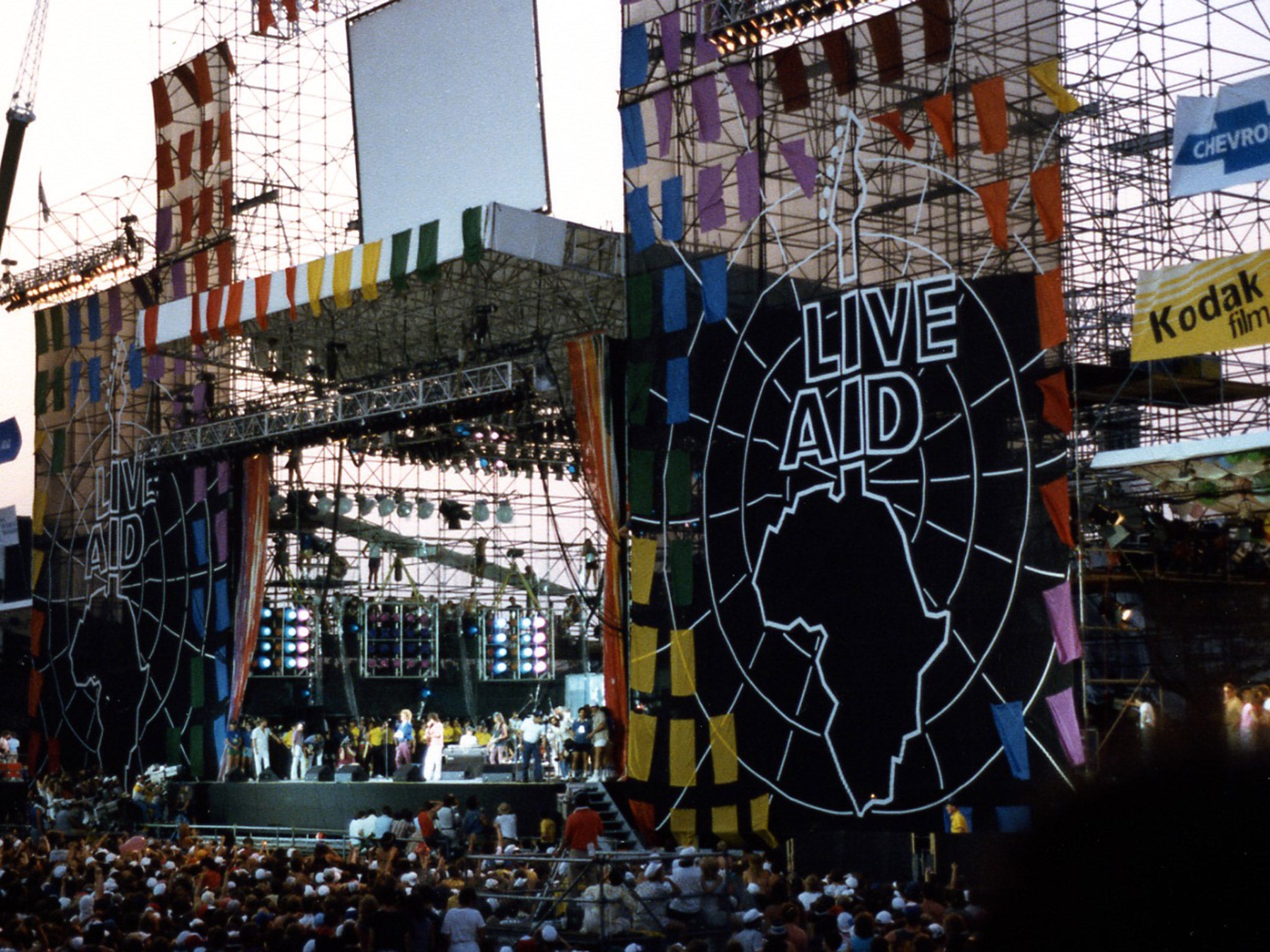The world this week: From storming of the Bastille to Thai cave rescue
Millie Bull trawls the archives for the key events and notable deaths from this week in history

Your support helps us to tell the story
From reproductive rights to climate change to Big Tech, The Independent is on the ground when the story is developing. Whether it's investigating the financials of Elon Musk's pro-Trump PAC or producing our latest documentary, 'The A Word', which shines a light on the American women fighting for reproductive rights, we know how important it is to parse out the facts from the messaging.
At such a critical moment in US history, we need reporters on the ground. Your donation allows us to keep sending journalists to speak to both sides of the story.
The Independent is trusted by Americans across the entire political spectrum. And unlike many other quality news outlets, we choose not to lock Americans out of our reporting and analysis with paywalls. We believe quality journalism should be available to everyone, paid for by those who can afford it.
Your support makes all the difference.8 July
The US state of Vermont abolished slavery in 1777.
The Wall Street Journal was published for the first time in 1889. The paper’s three founders are Charles Dow, Edward Jones and Charles Bergstresser.
Ronald Biggs, known for his part in the Great Train Robbery, escaped from Wandsworth prison in 1965. Biggs remained free for almost 40 years before returning to the UK from Brazil aged 71.
In 2003, conjoined Iranian twins died during a separation operation. The twins – Laleh and Ladan Bijani – died from fatal blood loss after surgeons tried to separate their brains.
Deaths: Diego de Almagro, 1538, Spanish conquistador; Percy Bysshe Shelley, 1822, English romantic poet; Vivien Leigh, 1967, British actor; Kim Il-sung, 1994, leader of North Korea; Betty Ford, 2011, first lady of the United States.

9 July
The first Wimbledon Championships began in 1877. Just 21 amateurs showed up to compete in the gentlemen’s singles tournament, which was only category at the inaugural event.
General Dwight D Eisenhower appointed Florence Blanchfield as a lieutenant colonel in the US army in 1947. Blanchfield became the first woman in US history to hold a permanent military rank.
A man broke into the Queen’s bedroom in 1982 and spent 10 minutes talking to her. The intruder, Michael Fagan, was not charged for trespassing but was later sent to a mental health hospital.
A mother and her two daughters were viciously attacked in a village in Kent in 1996. Nine-year-old Josie Russell survived the attack but had to relearn how to speak.
Deaths: Philip V, 1746, king of Spain; Zachary Taylor, 1850, 12th US president; Alice Paul, 1977, American suffragist; Michael Burston known as Wurzel, 2011, member of Motorhead.

10 July
In 1887, a dam collapsed in Zug, Switzerland, killing 70 people in their homes and destroying a large section of the town. The dam was 80ft high and made of concrete.
The “Monkey Trial” began in 1925 after teacher John Thomas Scopes was accused of teaching evolution in violation of Tennessee state law.
In 1940, the Battle of Britain began with the Germans carrying out the first in a long series of bombing raids. The battle lasted three and a half months.
The last members of a trapped Thai football team were rescued from the Tham Luang cave network after 18 days trapped underground in 2018. The players and their coach all survived and were released from hospital a week later.
Deaths: Hadrian, AD138, Roman emperor; Henry II, 1559, King of France; Clement Clarke Moore, 1863, American professor and writer; Omar Sharif, 2015, Egyptian actor

11 July
Adolf Hitler was visited by his would-be assassin in 1944. Count Claus von Stauffenberg – a German army officer – planned to use a bomb small enough to fit in a briefcase with a silent fuse to kill him before deciding to postpone his plans.
Harper Lee’s novel To Kill a Mockingbird was published in 1960. The book became an immediate success and saw Lee win the Pulitzer Prize for Fiction in 1961.
A truck carrying liquid gas crashed into a campsite, crowded with holidaymakers, in Sant Carles de la Rapita, Spain, in 1978. The explosion killed more than 200 people and left many others suffering from severe burns.
In 1979, Skylab fell back to Earth, scattering debris across the southern Indian Ocean and the Australian desert.
Deaths: Owen D Young, 1962, American industrialist; Laurence Olivier, 1989, English stage and screen actor; Robert Runcie, 2000, archbishop of Canterbury

12 July
Geoffrey Chaucer was named chief clerk by Richard II in 1389. Chaucer went on to write The Canterbury Tales.
Ian Brady and Myra Hindley committed the first of their horrific murders in 1963. The “Moors Murderers” abducted 16-year-old Pauline Reade before slashing her throat and burying her.
The Rolling Stones performed for the first time as a group in 1962. They performed at the Marquee Club in London.
Dozens were injured in the second consecutive night of violence in Portadown, County Armagh, in Northern Ireland in 1986. Orangemen converged on the town in the evening to commemorate the Battle of the Boyne.
Deaths: Desiderius Erasmus, 1536, humanist and priest; Alexander Hamilton, 1804, US founding father; William Howe, 1814, British military leader; Douglas Hyde, 1949, first president of Ireland; Edward Lee Howard, 2002, CIA case officer

13 July
The first World Cup kicked off in 1930. Hosts Uruguay would go on to win it.
The largest tank battle in history ended in 1943. The Battle of Kursk involved 6000 tanks, two million men and 5000 aircraft.
Ruth Ellis, the last woman to be hanged in the UK, was executed in 1955. She was convicted of murdering her lover, David Blakely.
The Live Aid concert was held in London and Philadelphia in 1985.
Deaths: Jean-Paul Marat, 1793, French journalist; Kate Sheppard, 1934, New Zealand suffragette; Frida Kahlo, 1954, Mexican painter; Cory Monteith, 2013, Canadian actor and musician

14 July
French revolutionaries stormed the Bastille in 1789.
A mass murderer in Chicago, Illinois, left eight student nurses dead at their residence in 1966. Richard Speck assured the women he was only going to rob them before murdering each one in separate rooms.
A suicide note revealed the murderer of three French tourists in Cheshire in 1971. Michael Bassett died from carbon monoxide poisoning but his letter revealed he shot dead the three tourists.
In 2016, a terrorist drove a truck through a pedestrian-filled street during Bastille Day celebrations in Nice, France. 86 people were killed.
Deaths: Billy the Kid, 1881, American frontier outlaw; Adlai Stevenson II, 1965, US ambassador to UN; Cicely Saunders, 2005, British hospice founder.
Join our commenting forum
Join thought-provoking conversations, follow other Independent readers and see their replies
Comments